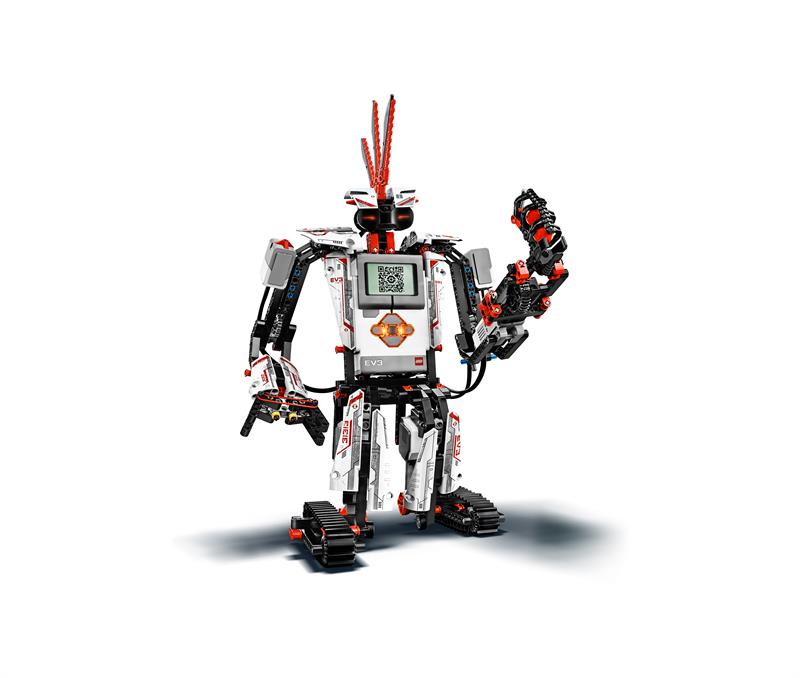The ex MIT professor had a range of interests – including child development, artificial intelligence and educational technologies – and was one of the first to realise that young children could be taught to program using what might be called ‘props’. He pre-empted approaches such as the BBC Micro by more than a decade.
He founded MIT’s Artificial Intelligence Laboratory with Marvin Minsky and was a founding member of MIT’s legendary Media Lab.
He co-developed Logo as a programming language for children in the 1960s. The program created by the child was then used to control a ‘turtle’ – either be a small mechanical device or an object on a computer screen.
He published a book in 1980 – ‘Mindstorms: Children, Computers and Powerful Ideas’ – in which he argued that ‘the child programs the computer and, in doing so, both acquires a sense of mastery over a piece of the most modern and powerful technology and establishes an intimate contact with some of the deepest ideas from science, from mathematics, and from the art of intellectual model building’.
The ideas put forward in the book formed the basis for Lego’s Mindstorm robotics kit.

After retiring from MIT, Papert worked with MIT Media Lab cofounder Nicholas Negroponte and Alan Kay in 2004 to create the One Laptop per Child project, which produced and distributed more than 3million low cost, low power, rugged laptops to poor children in more than 40 countries.













